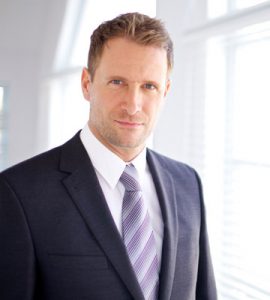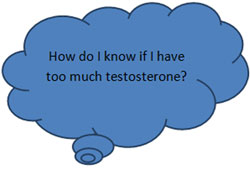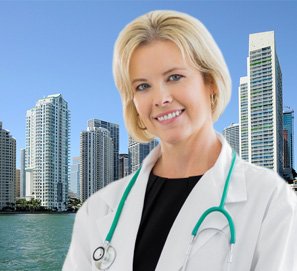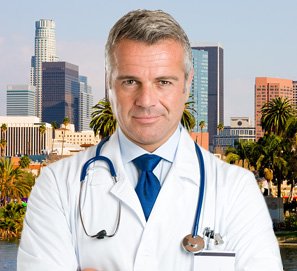Gynecomastia and Testosterone Therapy in Males

No man wants to look down and see “man boobs,” but, unfortunately, it can happen. The confusing fact is that the condition known as gynecomastia can come from both low testosterone and too much testosterone in the bloodstream.
Gynecomastia and testosterone have one crucial thing in common – estrogen!
Yes, males also have estrogen in their bodies, and for good reasons – brain functions and bone density. If for no other purpose, you want to ensure a balanced supply of estrogen in the body to support these roles.
The problems start to occur when one or both these hormones are out of balance. Both too low and too high testosterone levels can offset estrogen.
What is the connection between gynecomastia and low testosterone?
As testosterone levels begin to decline with age (starting around 30 years), it can impact many other issues. In some cases, a lowering of testosterone can also decrease estrogen levels. Why is that? An enzyme (aromatase) in the body converts excess testosterone that it finds into estradiol – the most usable form of estrogen. If there is not enough free testosterone, then estradiol conversion may suffer.
That is not what causes gynecomastia. The problem occurs when estrogen levels stay the same or increase while testosterone declines. You now have unbalanced hormone levels that contribute to gynecomastia.
Another issue is when a man is overweight. Belly fat produces aromatase, so the more belly fat you have, the greater the testosterone conversion. You now have a body that is converting higher amounts of testosterone into estradiol, increasing estrogen levels.
It is estrogen that is behind the development of breast tissue. That is why women have naturally larger breasts than men. They have higher levels of estrogen in their bodies.
Why Some Men Develop Gynecomastia from Testosterone
Next, we have the issue of gynecomastia and testosterone replacement therapy (TRT). Why do some men who use testosterone develop enlarged breasts?
The issue here is similar to what occurs with Low T. Aromatase is still present in the body. The amount is dependent on how much belly fat a person has. Even the skinniest person will produce some aromatase. Increased belly fat means more aromatase.
When you increase testosterone levels, you wind up with additional free testosterone in the bloodstream. Aromatase does not have far to look for what it needs for estradiol conversion. Although testosterone levels rise from TRT, estrogen levels increase, as well.
The result: gynecomastia and testosterone levels that both increase.
Whether due to Low T or testosterone therapy, approximately 1 out of every 4 men between age 50 and 80 experience some level of gynecomastia.
The biggest risk of developing gynecomastia occurs in men who abuse testosterone. Illegal use of testosterone when not prescribed by a doctor can lead to many unwanted side effects. Gynecomastia is only one of the potential problems.
How to Avoid Gynecomastia When Using Testosterone
Is it possible to use testosterone therapy and avoid breast tissue enlargement at the same time?
Yes, you should not have to worry about gynecomastia with testosterone treatment.
The first thing you want to ensure is that the doctor (a hormone specialist) checks multiple blood hormone levels before prescribing testosterone therapy. Testosterone and estradiol are two of the blood panels the doctor will run.
If you have elevated levels of estradiol, the doctor may also prescribe an estrogen blocker along with your testosterone treatment. Anastrozole helps to prevent aromatase from converting testosterone into estradiol. As a result, your risk of gynecomastia declines as your testosterone levels increase.
Losing weight is another important aspect of preventing gynecomastia. Decreased testosterone levels are common in overweight men. Losing weight is one of the best ways to help increase testosterone naturally.
To learn more about maintaining proper testosterone levels and reducing the incidence of gynecomastia, please contact HT Medical Center. Consultations are confidential and provided with no charge or obligation.

















